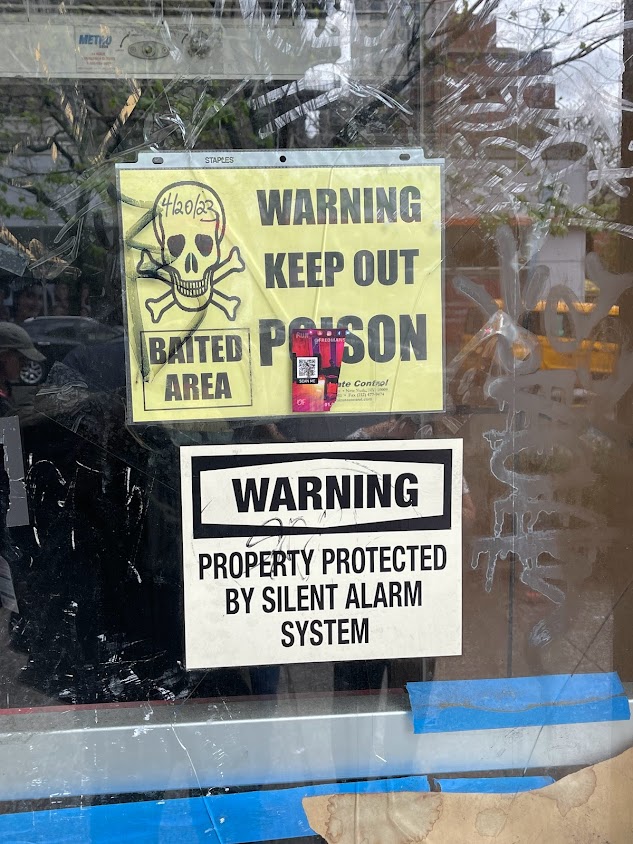Since it's well-known that New York City is the rat capital of the world and the advertising industry is the rat capital of New York City, I leveraged the not-inconsiderable influence of Ad Aged, a Business Insider "most influential blog," and secured an exclusive interview with Gotham's Rodent Potentate, Kathleen Corradi.
AD AGED:
Thank you, Ms. Corradi, for agreeing to speak with Ad Aged. First of all, congratulations on your new job, though I can't say I envy you.
RAT CZAR:
Call me Kathleen. I'm very happy to be here. I'm actually relying on the help of your industry to get New York's rodent problem under control.
AD AGED:
Because we can help educate people and spread the word as to behaviors that could diminish the rat population?
RAT CZAR:
Not exactly. Your industry has been a leader in making itself obsolete, marginal and unimportant, following advertising's lead, perhaps I can drive rats to the fringes like advertising has retreated to the fringes of the world's economy.
AD AGED:
The fringes?
RAT CZAR:
Well yes. It wasn't that long ago that Madison Avenue was on Madison Avenue--or at least Third Avenue, or Eighth. Cheek to jowl with the world's largest corporations. Now you're most often far away from the center of commerce. To strain a metaphor, you are the thrown-away crust of capitalism's pizza.
AD AGED:
Ah the wooden stick in the swill bucket, as Marx said.
Nevertheless, I see your point. Like advertising, you'll slowly get rats to accept less and less and under ever-harsher conditions. Eventually, the best and the brightest rats, like the best people in advertising, will abandon the industry.
RAT CZAR:
You got it. As Grover Norquist said about Reaganism--or Thatcherism--'starve the beast. Then drown it in a bathtub.'
Then there's my most powerful tactic, which I also learned from your industry.
AD AGED:
What would that be?
RAT CZAR:
One word: PIZZA.
AD AGED:
Pizza?
RAT CZAR:
People in your industry already work millions, if not billions of hours of overtime--for no extra pay, for no career security, for no reason other than free pizza when they come in on the weekend or stay till 1AM.
AD AGED:
Sometimes it's sushi.
RAT CZAR:
Let's stick to pizza. Rats love New York pizza.
AD AGED:
Patsy's? V&T's? John's of Bleecker?
RAT CZAR:
Like ad people, quality doesn't much matter to rats. We can use virtually any pizza to get them to do anything we want them to do.
If ad people will work all-night for free doing 197 banner ads and 274 mobile ads just for dollar-a-slice pizza, I can't believe we won't be able to get rats to be similarly compliant.
AD AGED:
I see your point. So you'll spread a trail of dollar-slices and the rats will follow the trail into the river where you'll drown them?
RAT CZAR:
Close. But with agencies about 45% smaller than they were in 2019, we'll lead rats into abandoned ad agency spaces. Let them live there. Outside of the improvement, landlords will never know the difference.
And then...
AD AGED:
There's more?
RAT CZAR:
Yep. You'll help us by cutting the case study video on how we eradicated 127% of all rats past and present. All with concocted data, testimonials from agency people saying how great rat-free living is, random news-clips claiming we got over 47 billion free impressions and of course pirated Black Death footage.
AD AGED:
In other words, we're all going to Cannes.
RAT CZAR:
Oh yes. And one more thing.
AD AGED:
Yes?
RAT CZAR:
No pepperoni.
It's too expensive.














